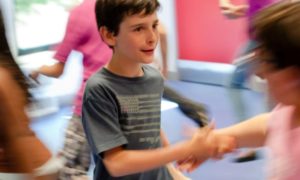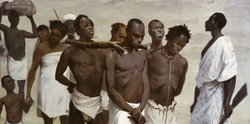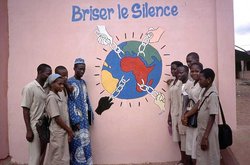"Water and Faith Day" is
commemorated on August 30th this year to help the 2 billion people worldwide
who do not have access to clean water gain this fundamental human ght.
 By Francesca Merlo
By Francesca Merlo
Over 3,000 people from 135
countries have registered for this year’s “World Water Week” (WWW). WWW,
running until August 31, is organized by the Stockholm International
Water Institute which has partnered with 6 main Swedish and Global
Organisations. Their aim this year is to address the theme “Water,
ecosystems and human development”.
At his General Audience on Wednesday, Pope
Francis called attention to the importance of making water accessible to
all and protecting this fundamental resource.
Faith for water
Thursday marks the WWW’s “Water and Faith
Day” (WFD), held in Stockholm, Sweden. The aim of WFD is to see how faith-based
groups can work together with both public and private sectors in order to
achieve water justice for everyone.
The WFD will entail a public showcase, panel
discussions, speeches and press conferences, and strategic planning meetings.
Amongst the main International partners for
WFD is the World Council of Churches (WCC), more specifically, their
initiative called the Ecumenical Water Network (EWN).
Blue communities
Over 2 billion people continue to live in a
water-stressed area. According to Dinesh Suna, the coordinator of the
Ecumenical Water Network of the World Council of Churches, one important aspect
in addressing this global water crisis is becoming Blue Communities. This
entails:
1.
Respect human rights to water
2.
Promote public control of water resources
3.
Say No to bottled water where tap water is safe, or look for
alternatives.
One million plastic bottles are used every
minute worldwide. By 2050 there may be more plastic in the ocean than there are
fish (by weight).
Comprising a network of churches and
church-related organisations, its aim is to promote preservation, responsible
management and equitable distribution of water to all. It bases its work on the
understanding that water is a gift from God and that access to it is one of the
most fundamental of human rights.
EWN’s website says, “We believe that water is
to be preserved and shared for the benefit of all creatures and the wider
creation.” The EWN is working to help meet the UN’s “SDG 6”: Sustainable
Development Goal number 6 – “water and sanitation for all”.
The World Council of Churches has become a
blue community and urges others to do the same.
An attainable goal
SIWI is a water institute “leveraging knowledge
and convening power to strengthen water governance for a just, prosperous, and
sustainable future.”
In working with organisations, such as WCC,
they aim to make the UN’s SDG 6 attainable by 2030. In order to do so they are
calling for help from individuals and small communities to follow them in
becoming Blue Communities in order to help the 2 billion people who do not have
access to clean water, gain this human right, this gift from God.















